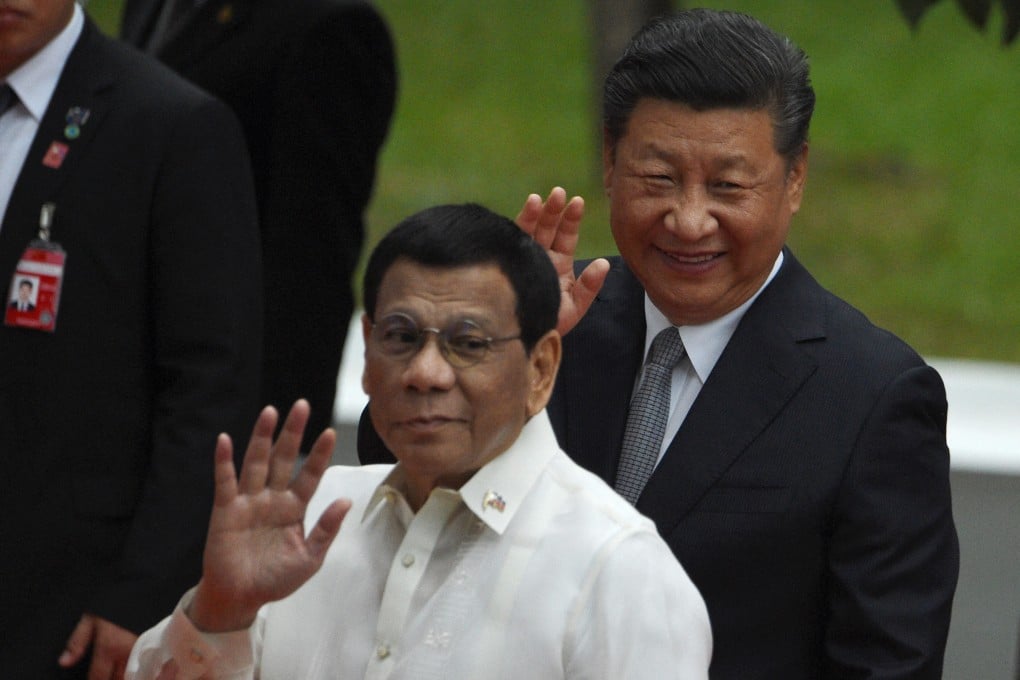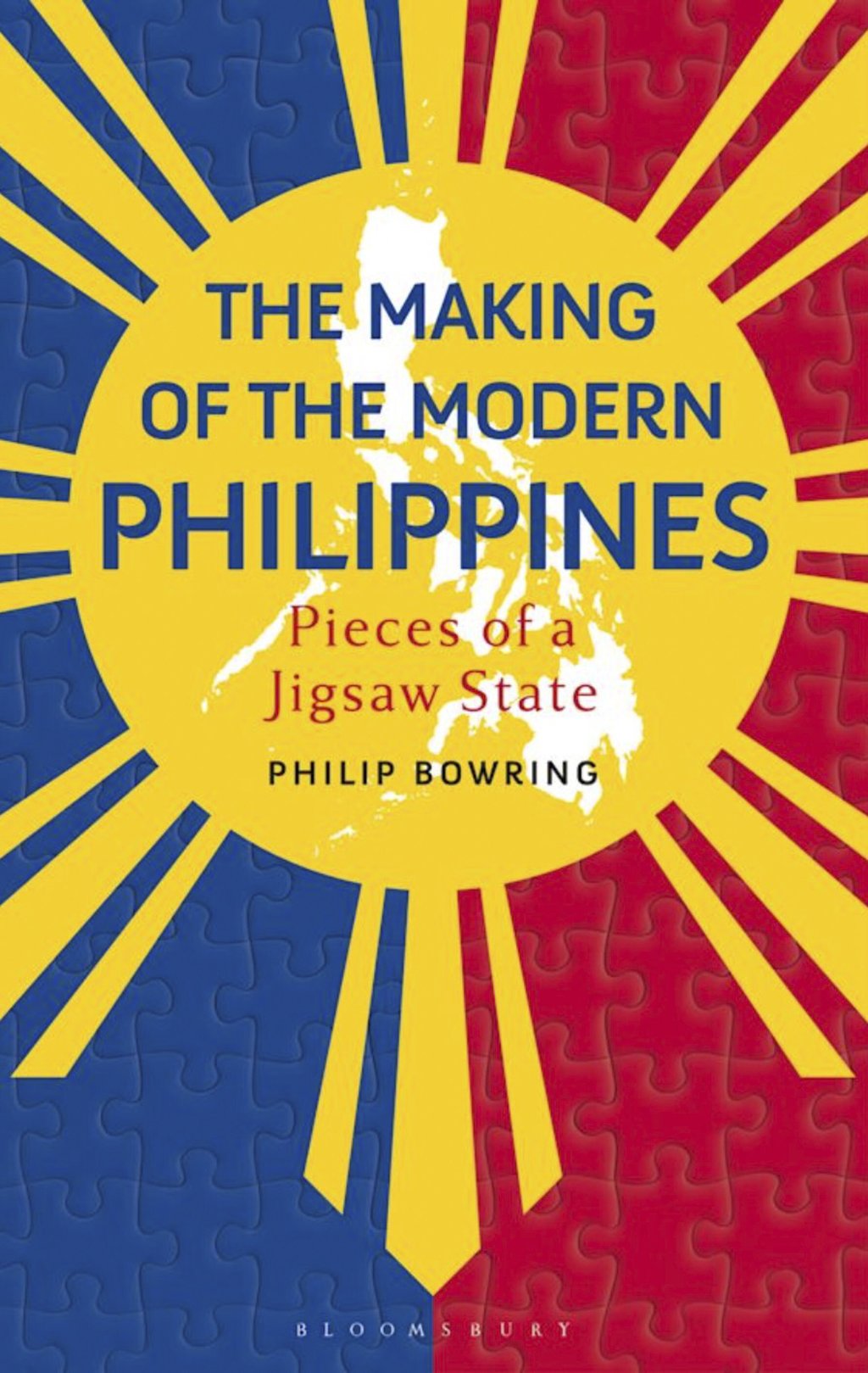Why the Philippines isn’t more influential in Asia: corruption, apathy about regional issues and lack of national interest, says new book
- The Making of the Modern Philippines: Pieces of a Jigsaw State, by Philip Bowring, looks at why the nation ‘punches below its weight’ internationally
- The author attributes this to a mix of corruption, the influence of family dynasties, and a lack of national pride

The Making of the Modern Philippines: Pieces of a Jigsaw State, by Philip Bowring. Published by Bloomsbury Academic
Years ago, while taking a friend and other Europeans around the Spanish colonial walled area of Intramuros, in Manila, I was asked by an Austrian, who had clearly done some research: “The Philippines is a big country with a large population, more than 100 million people. Why isn’t it more influential in Asia?”
The question probably doesn’t occur to most Filipinos. But it is addressed in The Making of the Modern Philippines, by Hong Kong-based journalist and editor Philip Bowring, whose new work is a follow-up to and an expansion of Empire of the Winds (2018), a history of Nusantara, the maritime states of Southeast Asia.
“It certainly punches far below its weight internationally,” he says of the Philippines. “There is scant interest in international and especially regional issues among the elite and media.”

Southeast Asia’s second most populous country, the Philippines seems detached from the region, indifferent to and unengaged with its neighbours. They, in turn, are baffled by Philippine international behaviour and upset at how the administration of President Rodrigo Duterte in 2016 threw away the Philippines’ maritime arbitral victory over Beijing in favour of closer economic ties.
